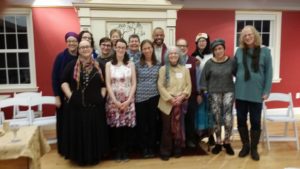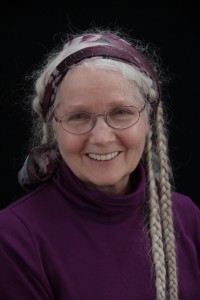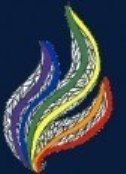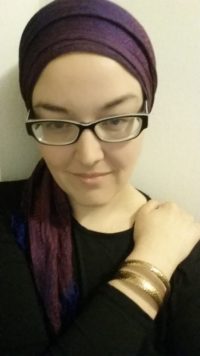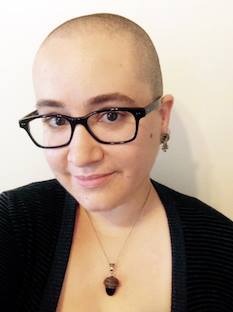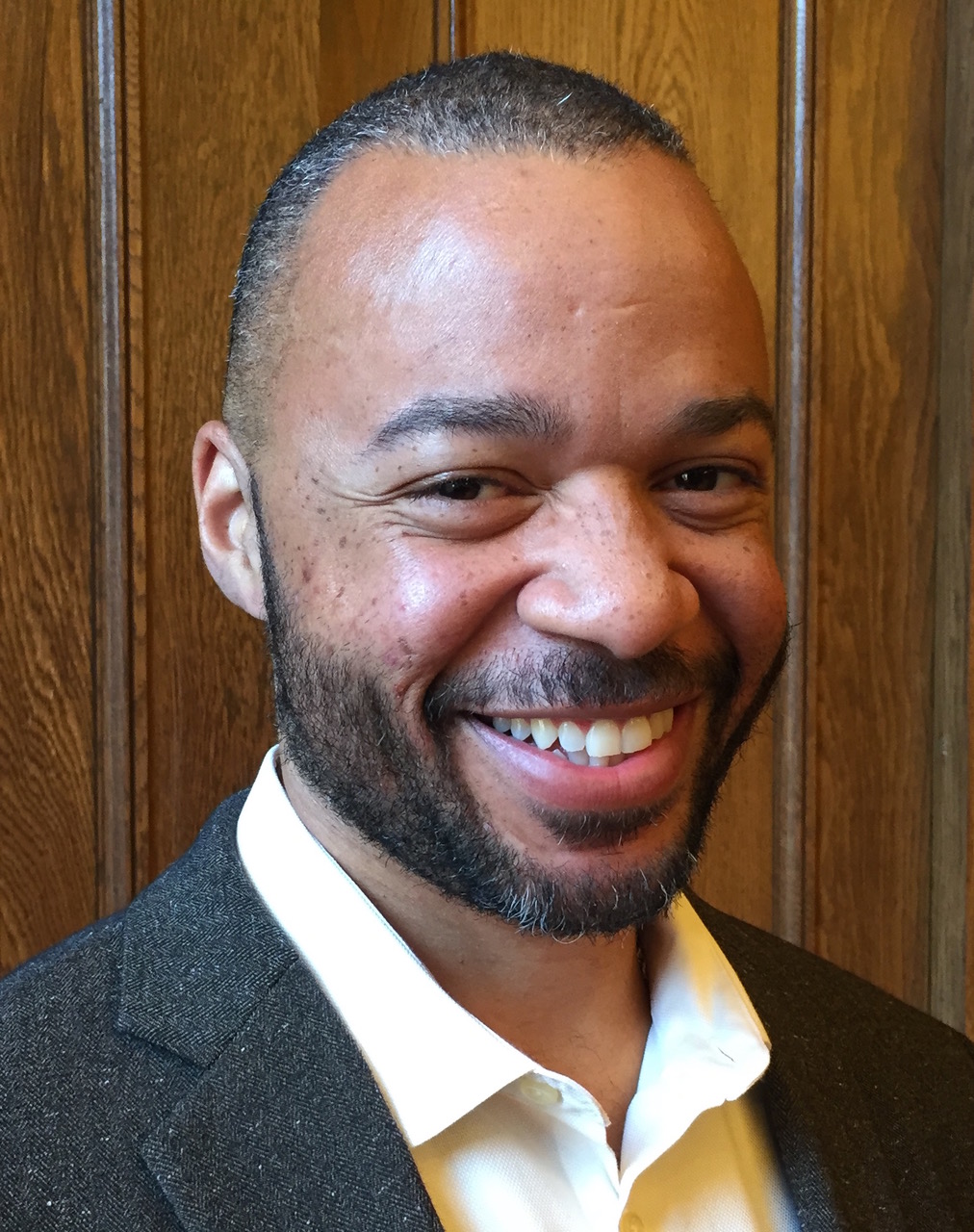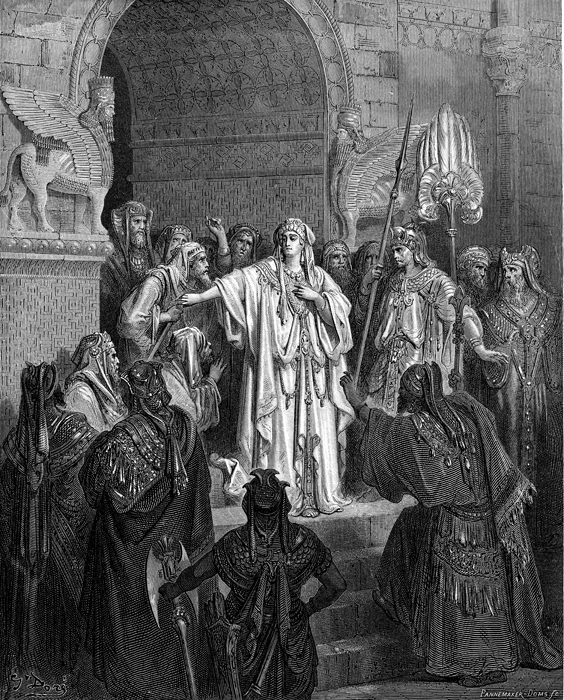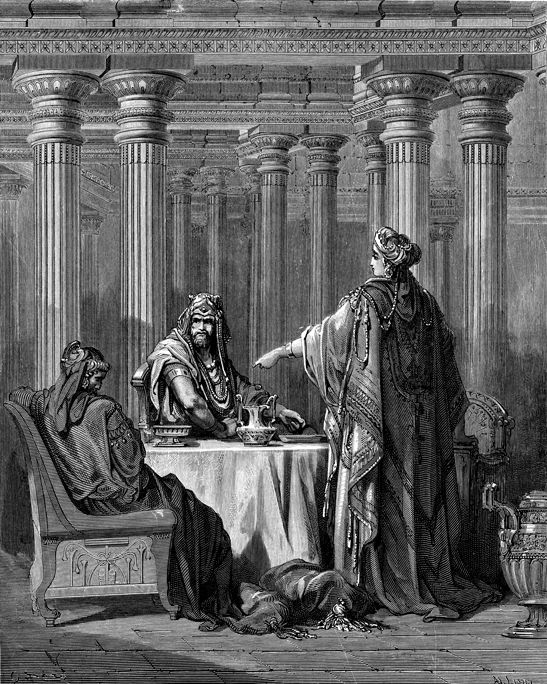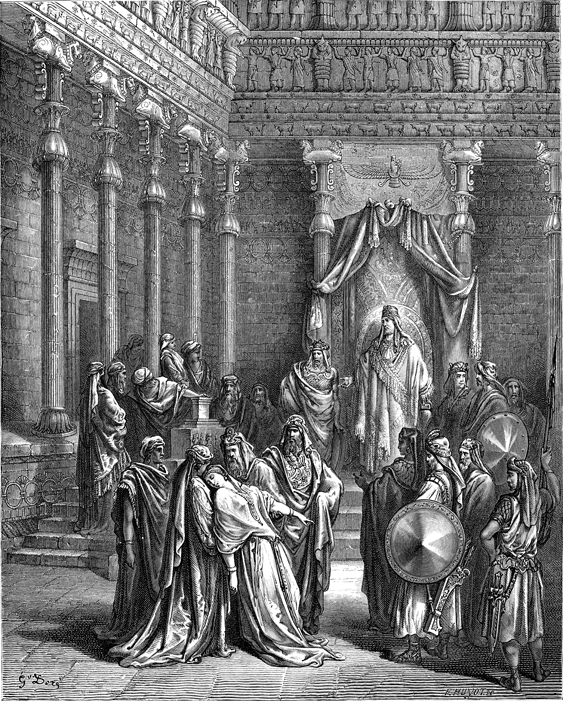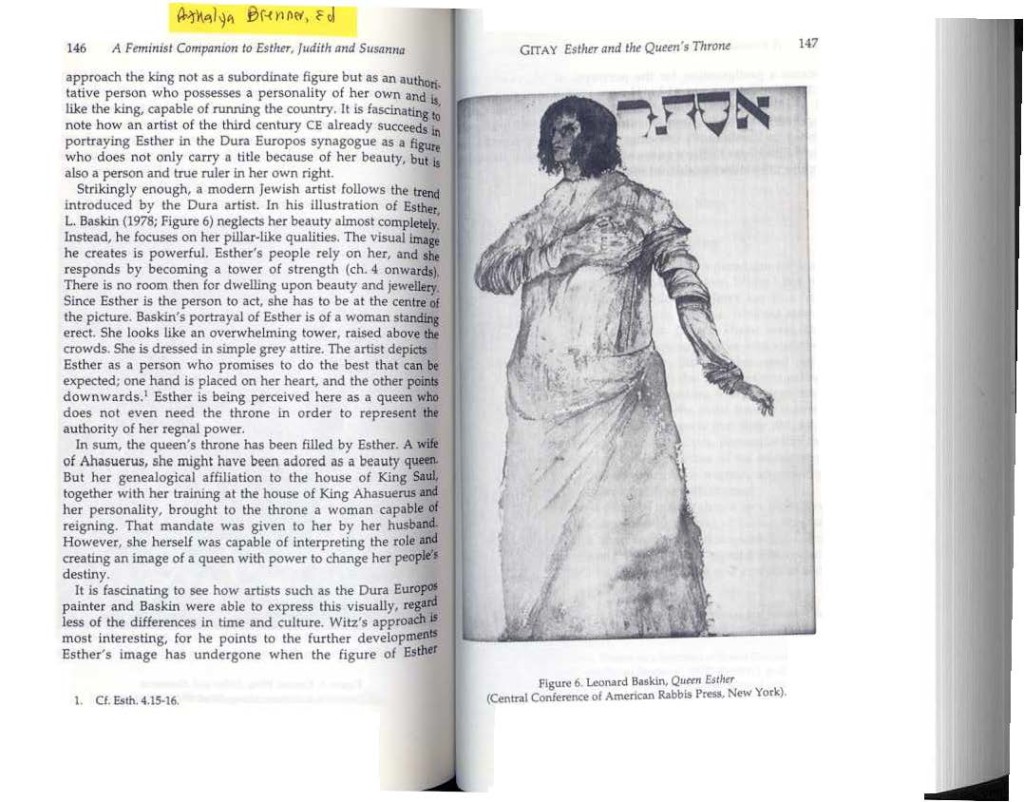Ruach HaYam Facebook Subscribe to newsletter
Ruach HaYam Workshop at Congregation Eitz Chayim, Cambridge, MA
January 19, 2017. See end of post for logistics.
This study is led by Penina Weinberg.
Join us for a queer look at Moses and the five powerful women of Exodus 1-2 who birthed/midwifed/nurtured the great leader of the Hebrew people. Despite contrary decrees by the powerful Pharaoh of Egypt, the women used their wits to gain power when they lacked authority. They launched Moses as a prophet and leader, and Miriam became a prophet herself. At the end of the book of Exodus, we will see that their efforts led to another quintuplet of women who changed their world: the daughters of Zelophehad – Mahlah, Noa, Hoglah, Milcah, and Tirzah.
As we sit upon the eve of destruction, what can we learn about faith, resistance, persistance, and feminine and non-elite power, by a deep reading of this story?
This class will not discuss current events, but the universal questions which arise in the study will resonate and perhaps be useful. My approach to Torah is not, how can we make this verse or that speak to a current event? Rather, we collectively unpack and seek to understand and own the texts; we bring the text to our selves, and our selves to the texts. Thereby each of us can increase our knowledge of human and divine nature, and with deeper understanding, strengthen our selves for our various forms of life work.
- Ruach HaYam study sessions provide a queer Jewish look at text, but are open to any learning or faith background and friendly to beginners.
- Study starts promptly at 7:15 pm. However we open the doors at 6:45 for schmoozing. Feel free to bring your own veggie snack for the early part.
- A parking consideration is in effect for the three blocks around EC during all regularly scheduled events. It’s a good idea to put a note in the windshield that you are attending an event at EC.
- Accessibility information: all gender/accessible bathrooms, entry ramp.
Penina Weinberg is an independent Hebrew bible scholar whose study and teaching focus on the intersection of power, politics and gender in the Hebrew Bible. She has run workshops for Nehirim and Keshet and has been teaching Hebrew bible for 10 years. She has written in Tikkun, founded the group Ruach HaYam and is president emerita and chair of various committees in her synagogue. Penina is a mother and grandmother.

